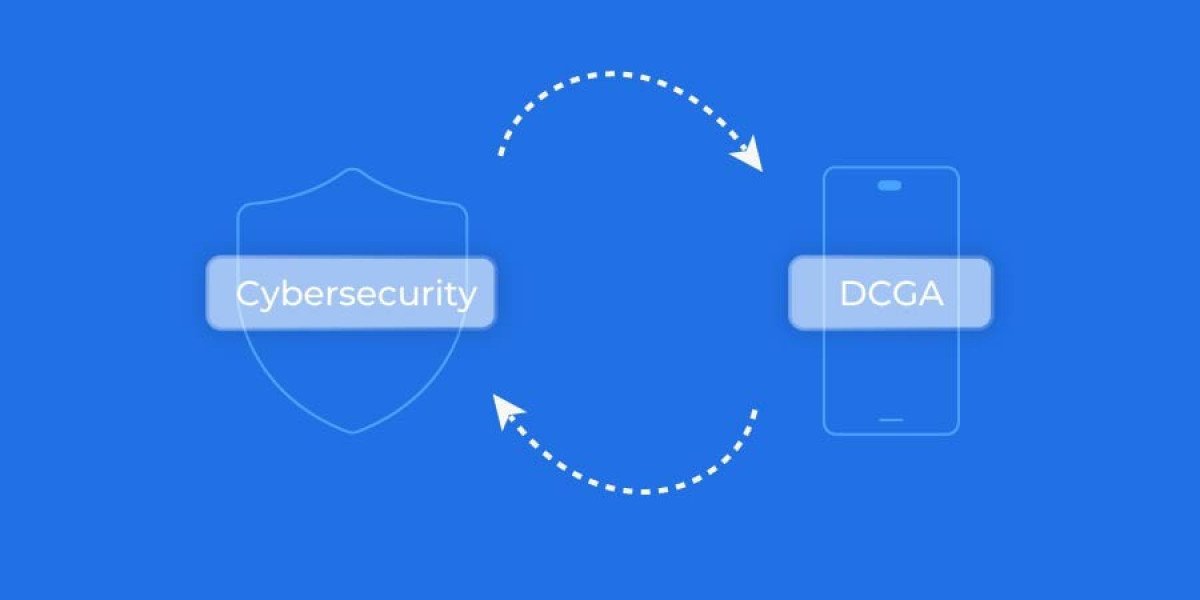Corporate messaging has become the lifeline of communication for businesses. These channels are anything related to finance, crypto, law, and telecommunications, where the main and sometimes sensitive conversations take place. While these tools are making collaboration easier, they also present themselves as an extremely tempting target for cybercriminals.
With the increased spate of malware attacks, phishing attempts, and data breaches across the world, when you least expect it, your business could be a victim. Again, there is always a silver lining, for there are ways through which this risk can be mitigated in corporate messaging: protection of sensitive information and keeping operations running smoothly.
Understanding the Malware Threat
Malware is simply software designed to be malicious in intent, penetrate systems, and cause damage. It can take many forms, from simple viruses to complex worms, ransomware, spyware, and even more. Corporate messaging platforms are one of the favorite targets of hackers who want to use vulnerabilities to their advantage.Imagine this: An innocuous-looking attachment or link lands in your company's messaging app. A click of the mouse later, malware has coursed through your network, compromising data, disrupting operations, and siphoning time and money from your business.
Data security plays an important role for financial institutions, Tier 1 banks, legal firms, crypto exchanges, and telecom companies. In fact, a breach could prove catastrophic. Protection of your corporate messaging system is, therefore, not optional; it is a must-have.
The Role of Data Security within Corporate Messaging
Data security involves more than just shielding your business from direct threats. It has everything to do with having greater trust between you and your customers, stakeholders, and partners. A secure messaging platform not only shields your business from malware but also ensures sensitive conversations remain confidential. These are very key conversations in industries that deal with confidential information, like financial institutions and law firms.By focusing your efforts on data security, potential malware infiltrations will be minimized, thus saving your business reputation and avoiding possible legal and financial consequences. Such strong protection will make your operations resilient and will contribute to your business's successful performance in an increasingly digital environment.
Common Malware Risks in Messaging Platforms
The most common ways malware infiltrates corporate messaging platforms are surprisingly simple:1. Phishing Scams: An attacker may send messages from what appears to be a trusted source, which would actually make the receiver click on a malicious link or download an infected file.
2. Infected Attachments: Hackers may embed malware in shared documents or other files in messaging systems.
3. Malicious Links: A user clicks a link that appears to be legitimate but directs them to a malware-infected website.
4. Social Engineering: In this way, the attack may imitate, in a very plausible manner, some source with which the target trusts and, based on that trust, disclose confidential information or provide an attack vector to critical systems.
If you're in finance, crypto, or telecom areas where money or data is important, a multitude of successful attacks could cost you a fortune. That's why one must take a proactive approach to security.
How to Protect Your Corporate Messaging Platforms
1. Train Your TeamIt may seem like a no-brainer, but your first line of defense against malware starts with awareness. Let your team know the risks involved with corporate messaging platforms. Train them to watch out for phishing scams, suspicious attachments, and unusual links. Let them know that if it seems wrong, it likely is.
2. Use Encrypted Messaging
Encryption means that any messages two users exchange are jumbled and will not make sense to someone intercepting them. Ensure your business messaging tool deploys end-to-end encryption to protect conversations from being accessed by unauthorized parties.
3. Regularly Update Software
Software updates very often include security patches for vulnerabilities that developers have found and conquered. Assure that all of your corporate messaging platforms- as well as the devices connecting to them- are kept up to date with their latest versions.
4. Enable Multi-Factor Authentication (MFA)
It adds another dimension to the security model whereby users have to log in using two or more forms of identification. In case one password is compromised, MFA ensures that unauthorized users cannot access your system.
5. Conduct Regular Security Audits
Regular security audits find problems in your system that would otherwise be used against you. They can be as basic as internal checks, or they can go as high as hiring a third-party security firm to review your infrastructure and corporate messaging tools.
6. Leverage Anti-Malware Software
It will help trace any potential threats and neutralize them before they can harm your network by installing strong anti-malware software across the network. This is very important for industries such as banking and law, which have sensitive data that requires strong security.
7. Limit Access to Sensitive Information
Not everyone in your organization needs to know everything. Limit access to sensitive information only to those who have a business need for the data or information. Role-based access controls can go a long way in minimizing the risk of accidental exposure or exploitation.
Why Data Security Matters to Your Business
The locks are like data security: if there are no locks on the doors, people just walk right in. Without security in the Corporate Messaging Systems, a cybercriminal is invited to enter and take advantage of your business.With the security of messaging platforms, there is a build-up in the trust of clients and partners that their information is safe with you. In highly regulated industries, such as finance or legal, failure to meet standards of cybersecurity could result in stiff fines, serious legal challenges, or even worse.
It also makes a business more competitive. A secure messaging system helps clients trust and choose a partner for data protection. Strong measures for the security of the data help show that your business is reliable, professional, and ready for the digital age.
Conclusion
Since malware threats in corporate messaging are everywhere, creating awareness and taking corresponding actions are required to neutralize them. Educate your team, invest in secure messaging platforms, and stay ahead of malware threats with proactive security measures.
No matter your vertical, from finance to law, crypto to telecom, these steps will help you avoid multi-million-dollar breaches, protect your brand, and stay one step ahead in the increasingly hazardous digital landscape. Take a minute to review your current practices to ensure you are doing everything possible to secure your corporate messaging channels.








